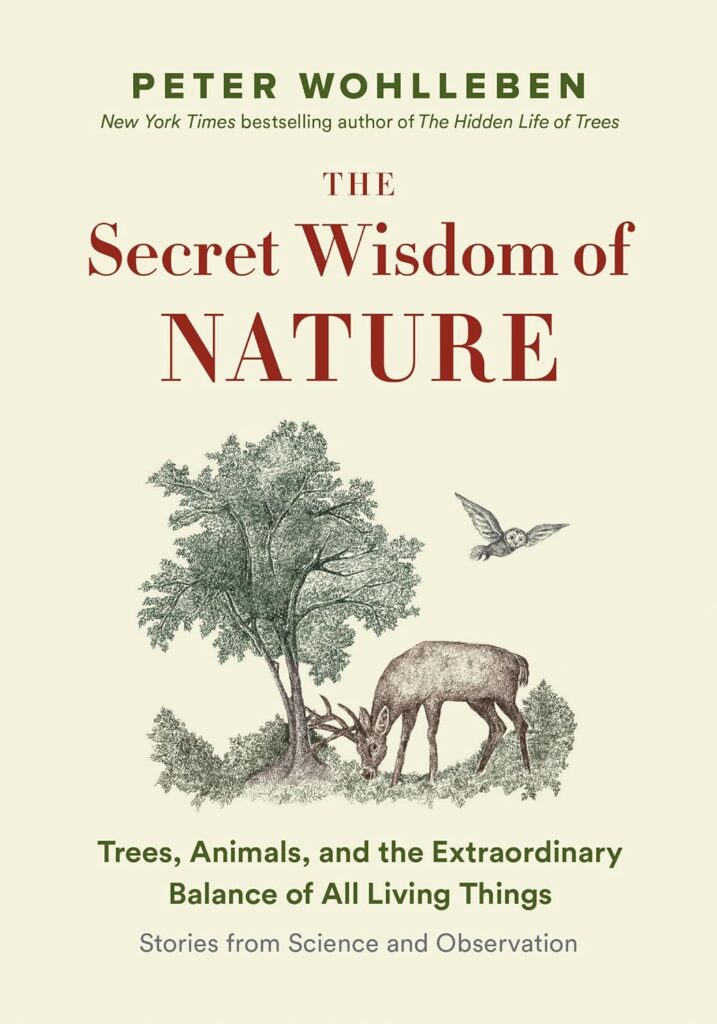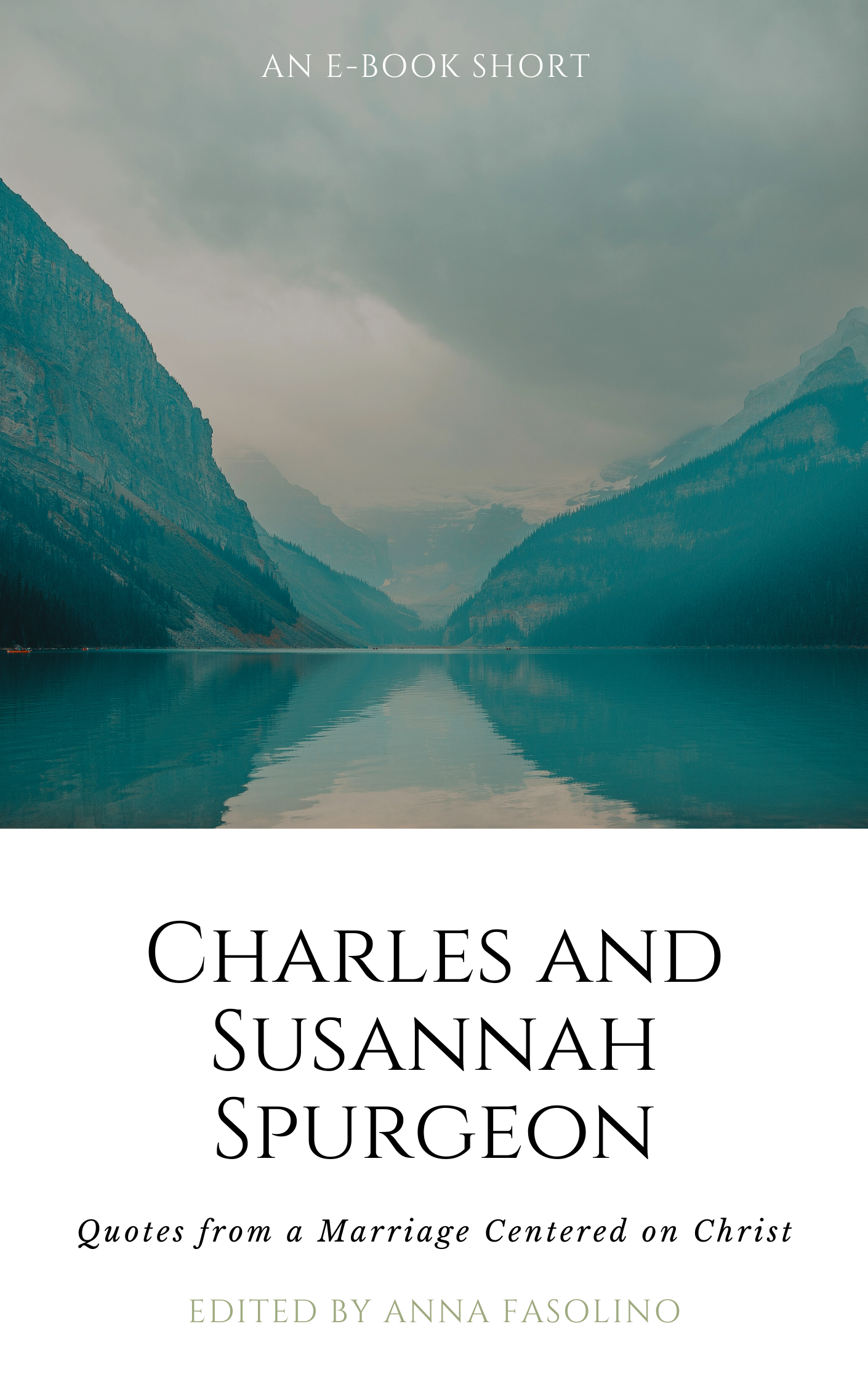A short-and-sweet review of The Secret Wisdom of Nature: Trees, Animals, and the Extraordinary Balance of All Living Things ― Stories from Science and Observation, by Peter Wohlleben.
This book surprised me with its ability to fascinate and hold me as a reader. Who knew a German forester could be such a gifted transmitter of his careful observations of nature? He makes bark beetles and bird species’ migrations feel important to all of us, rather than simply unrelated phenomena. Even better, he shows that there are layers of nature’s interactions that are endlessly interesting and that make perfect sense.
Wohlleben is an evolutionist, so he doesn’t see the absolutely amazing natural world’s details as evidence of intelligent design. But I listened to this book with a sense of awe at a Creator who could balance the world in such a way that removing wolves from an area could trigger steps that would end up causing a river to greatly change its course.
If waves from a distant lake cause vibrations in the arches of Utah, it should be no surprise that human drilling has caused many to topple. The author uses examples such as this to encourage a hands-off approach to nature, and longs to see large nature preserves connected to one another all over Europe so that trees and wild creatures can take care of themselves in the face of global warming. His stories from around the world are absolutely fascinating. For example: dust from the Sahara fertilizes the Amazon rainforest, to the tune of over 20,000 tons of phosphorus each year!
I found his discussion of Neanderthal man rather horrifying. (He mentions the theory that modern man may have used Neanderthal man for meat. Since I believe that Neanderthal man was simply our longer-lived human ancestor, this is simple and horrible cannibalism.)
So Now What?
Wohlleben points out that we humans now want to help the environment that we’ve damaged. But we encounter the important question of what the actual problem is. “Is it really broken?” Should we protect the deer, or will they overbrowse the forests and eventually cause a decrease of their own habitat? Should we guard the blueberries in Germany, or let the native forests take over, sending the blueberries back to their native homes? Overall, the author says that we should let nature take its own course as we protect large parts of it and keep our hands off. He leaves the reader with hope that nature, left alone, has an amazing ability to regenerate itself.
The Secret Wisdom of Nature is part of a trilogy, and I just may have to continue reading!



 : a favorite place to walk when we can!
Once
: a favorite place to walk when we can!
Once 
![The first photos are of my parents’ sprawling rural Arkansas garden. The last is of my tiny little beds in the big city. Plants bring life to even the smallest corner!
I’ve been reading some beautiful fiction this year, and I just posted a review of a book by one of my favorite authors, Leif Enger. (https://therestfulhome.com/brave-young-handsome-review/ in your browser, or click on the link in my Instagram profile) If you don’t have time to read the book, though, here’s just a quote or two for your enjoyment:
🎼
“Death arrived easy as the train; [he] just climbed aboard, like the capable traveler he was.”
🛤️
On riding a horse: “You are a feeble and tenuous being; the only thing a horse wants from you is your absence.” 🐎 😄
#quotes #leifenger #amreading #gardens #gardening](https://scontent-atl3-1.cdninstagram.com/v/t39.30808-6/468657020_18342474787176025_4442629541396867851_n.jpg?_nc_cat=108&ccb=1-7&_nc_sid=18de74&_nc_ohc=DEja6UP2ct4Q7kNvgEYJxCM&_nc_zt=23&_nc_ht=scontent-atl3-1.cdninstagram.com&edm=ANo9K5cEAAAA&_nc_gid=AA4bBsvQ_JpqZXLUPUTpTC8&oh=00_AYCjI9LUx-cJxe6cu0n7H1Gounaz92aBlTrQacnKut8umg&oe=67567CAB)
















